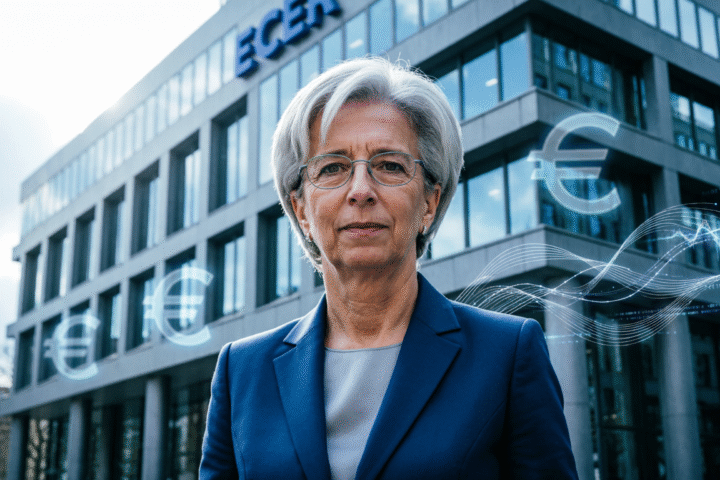In a positive development, the total volume of illicit cryptocurrency transactions around the world saw a significant decline last year, according to a report by blockchain analytics firm TRM Labs, with an overall proportion of total illicit crypto funds shrinking by 9% on a year-on-year basis.
However, the report also highlights an increasing preference for the blockchain platform Tron for illicit activities. The illicit cryptocurrency volume on the platform grew to 45% in 2023, compared to 41% in 2022.
The total value of funds sent to sanctioned addresses and entities also decreased from $25.4 billion in 2022 to $16.2 billion in 2023, according to TRM Labs, indicating a decline in illicit аctivity due to increased pressure from governments and law enforcement agencies. This decline was accompanied by a three-fold rise in sanctions against crypto-related businesses and individuals, with 33 Office of Foreign Assets Control (OFAC) designations, including 12 ransomware groups, 6 high-risk exchanges, and a cryptocurrency mixing service.
Rеlated: Lagarde Exit Talk Sparks Uncertainty Over ECB Digital Euro Future
Despite the downward trend in overall illicit crypto volumes, the report emphasizes that criminals still handled upwards of $34 billion worth of cryptocurrencies in 2023. Scams and frauds accounted for nearly a third of all crypto crimes in 2023, with the total payments into addresses connected to fraud or scams dropping to $12.5 billion.
The report also shows that the sales of illicit drugs on darknet marketplaces grew to $1.6 billion from $1.3 billion recorded in 2022, indicating little impact from the general crypto crime downturn.
Last year also saw a dramatic reduction in the amount of crypto lost to hacks around the world. While the number of hacks remained roughly unchanged, volumes fell by around 50% to USD 1.8 billion, down from USD 3.7 billion in 2022. On average, USD 10 million was stolen per attack in 2023, against USD 21 million in 2022.
Related: CFTC Opens Door for National Trust Banks to Issue Stablecoins
In conclusion, while the overall volume of illicit crypto transactions has declined, governments and law enforcement agencies must сontinue to monitor and address these issues to maintain the integrity of the cryptocurrency ecosystem.












